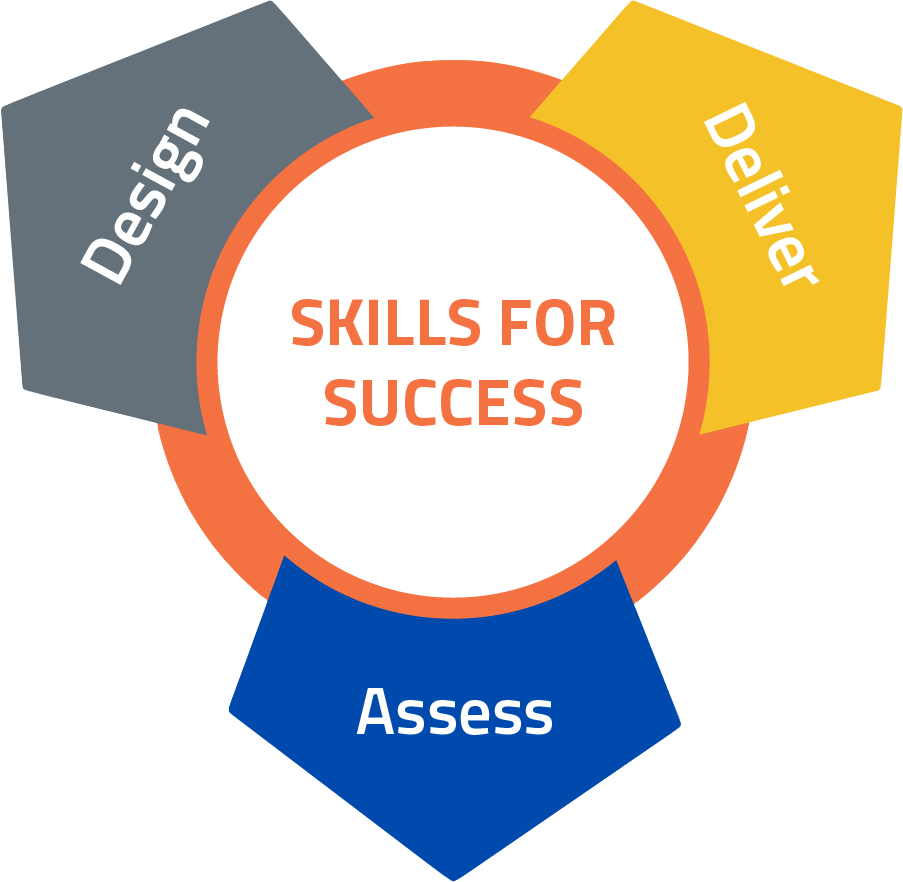Adaptability teaching and learning materials are designed to help participants deal effectively with change, learn new skills and behaviours when needed, stay focused on responsibilities and goals, and not give up when situations are difficult.
The following links include practical, printable, ready-made resources to use in the delivery of Skills for Success training.
- ABC up Skills for Work Workbook 7 web. (n.d.). Adaptability
- ABC up Skills for Work Workbook. (n.d.). Attitude
